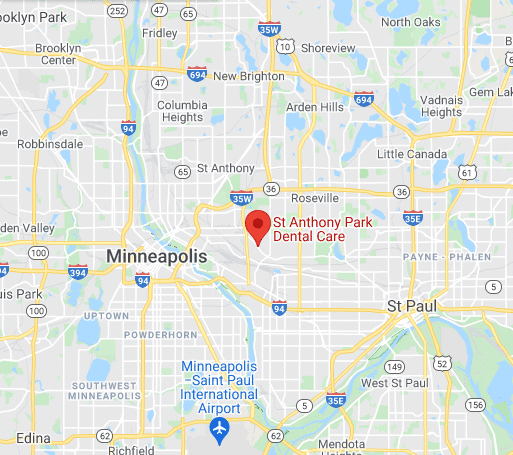When to Track Down an Emergency Dentist in St. Paul
What counts as a dental emergency? If you’re in severe pain or you’re uncontrollably bleeding, this is a pretty straightforward question. Of course, in many other cases, the situation is less clear. It’s why so many people end up in emergency rooms or urgent cares — where the doctors or PAs on call may only be able to do so much. Here, we’ll look at when to find an emergency dentist in St. Paul and why it matters.
What Constitutes a Dental Emergency?
As a general rule, it comes down to the severity of the symptoms. Some pain, swelling, and bleeding is considered normal. If you’re seeing blood on the floss or slight swelling in the gums, you may want to schedule an appointment with your dentist, but you can reasonably wait for the next available slot.
However, if your tooth is knocked out, you have a fever, or you’re having an extreme reaction, such as unbearable pain or extreme bleeding, it’s time to track down a dentist in St. Paul, MN who can help.
Why Does It Matter?
The biggest reason to see an emergency dentist is because they can usually do more than a general medical professional. For example, they may be able to reattach a knocked-out tooth if the roots are still attached and it’s been cleaned and stored correctly before the patient walks in. An urgent care or emergency room doctor will only be able to sanitize the area before sending you to a dentist.
If you’re looking for a practice that can take your call at all hours of the day (and night), contact St.Anthony Park Dental Care to learn more about services, including how to get treatments when you can’t wait another minute.




